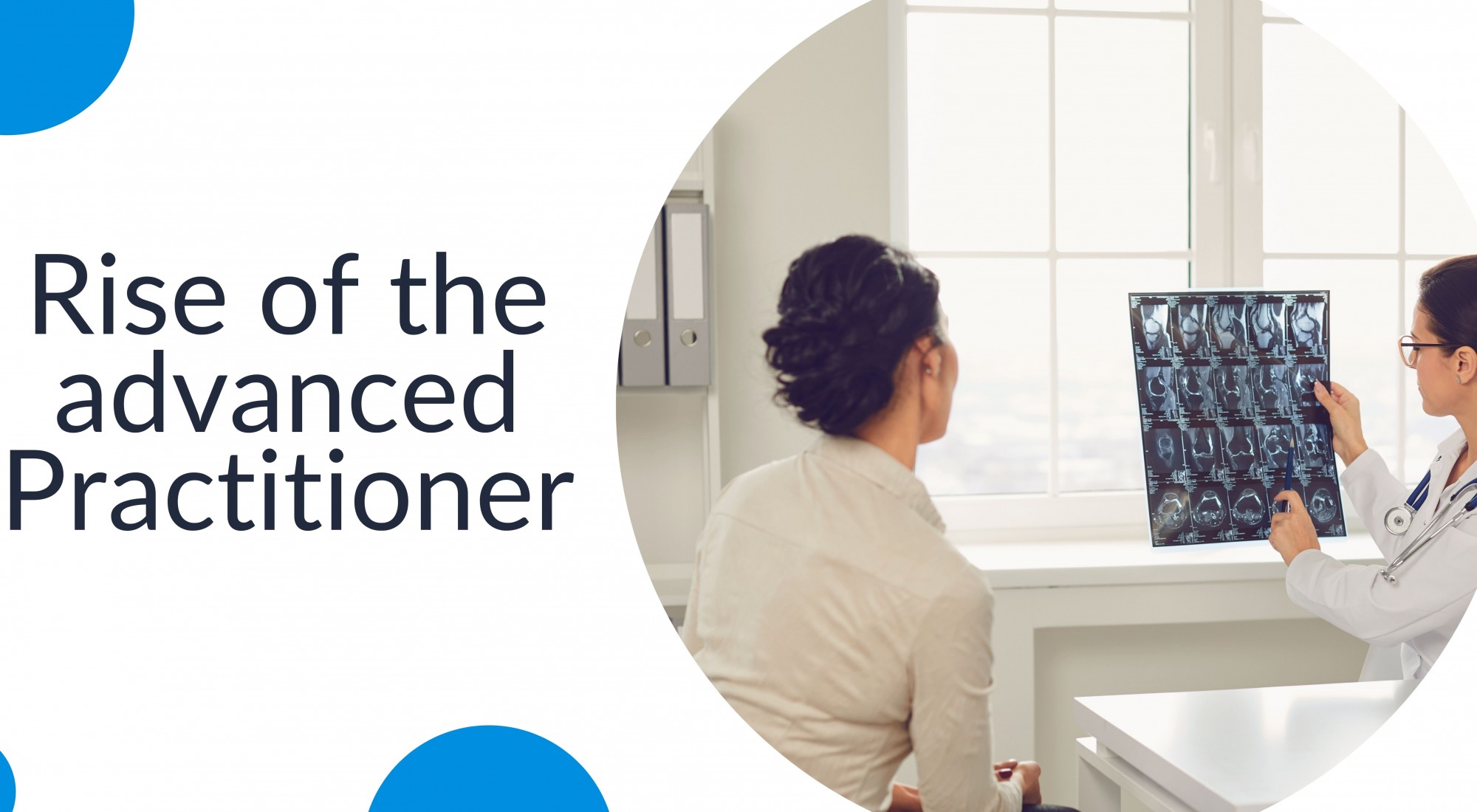
Rise of the advanced practitioner - written by Mark Thomason, Clinical Negligence Team
Rise of the advanced practitioner
Not too long ago I was sat in a conference with experts, a barrister and a client; all listening with genuine interest as our expert GP and expert nurse proceeded to animatedly disagree with each other about the standard of care a patient should be afforded by an advanced nurse practitioner. Our GP made the logical argument that, as the client had attended his GP surgery for medical treatment then the treatment he should receive would be that of a GP. The nurse however was also clearly pointing out that as the nature of the client’s attendance was not an emergency an advanced nurse practitioner’s attention was more than enough and moreover it would be judged on the standard of a reasonable advanced nurse practitioner. The issue that I had was that I could see the logic of both sides, Nettleship v Weston is a long held legal principle however my view is that this is limited to experience within the discipline. Advanced Nurse Practitioners and General Practitioners are different and they should be treated as such; although if an Advanced Nurse Practitioner is acting in place of a GP then surely they should be judged to the same standard.
Given my line of work is investigating claims against medical practitioners it may come as some surprise that some of my oldest friends are medical practitioners. I brought this topic up with them to see where they came down on the debate and what experience they had within practice. The first, a consultant in emergency medicine, detailed to me that they had seen an increasing number of advanced care practitioners working in A&E and their role should be subject to consultant review and would judge them as that of a Senior House Officer. The second, a pharmacy technician at a specialist mental health hospital, detailed how they were taking on more of an active role within the hospital which involved diagnostic and treatment elements. They advised that they would soon be considered as an advanced practitioner.
Further research into the area has demonstrated that the scope of this role is only going to increase with Surgical Advanced Clinical Practitioner curriculum and framework recently released. The 2020 NHS peoples plan detailed “Demand for health and care services is growing as a result of a growing and ageing population and the ever-increasing possibilities of medical science. To meet that demand and deliver the vision set out in the NHS Long Term Plan, we will need more people working in the NHS over the next 10 years across most disciplines and in some new ones yet to be fully defined – with a rich diversity of roles and jobs across all settings (NHS People Plan, 2020).”
NHS employers detailed in November 2020
Advanced level practitioners (ACPs) are from a range of professional backgrounds such as nursing, pharmacy, paramedics, occupational therapy, healthcare science and midwifery. ACPs are educated to masters level and have developed the skills and knowledge to allow them to take on expanded roles and scope of practice.
The NHS is constantly striving to find ways to met staff shortages and plug rotas and the advanced practitioners seem to be a way to bring people in with proven skill sets. It is key to be aware that the training and individuals practicing in this area are not ‘lesser’ employees by any stretch of the imagination. It is more that this is a different type of employee and that in itself needs assessing to ensure the standards of care they provide is correctly judged. Patient safety is paramount and these new roles need to be stringently policed to ensure that this policy change does not do more harm than good. In theory it should enable trusts to reward non-doctors with a means of progression to clinical care but it should not be able to do this by placing practitioners in to forums they are not able to deal with.
What this means for lawyers is that a decision needs to be made at the outset of the claim to ensure that the correct experts are instructed. Some agencies are starting to have advanced practitioners on their books but the scope and experience of these experts can be quite varied. In addition it stands to reason that an advanced practitioner within A&E will have a different standard to an advanced practitioner working in mental health. A lawyer with conduct will have to either make the decision on whether the standard is that of the role they are being brought in to replace or the qualifications that they hold. I can see benefits to both approach but my advice would be to assess it by the standard of the role they are supplementing; I feel this would bring it within the umbrella of Nettleship v Weston and as such this is a legal principle that is already accepted.
As always there will be disagreements on this point and I’d welcome other practitioners experience and view point on this area.



